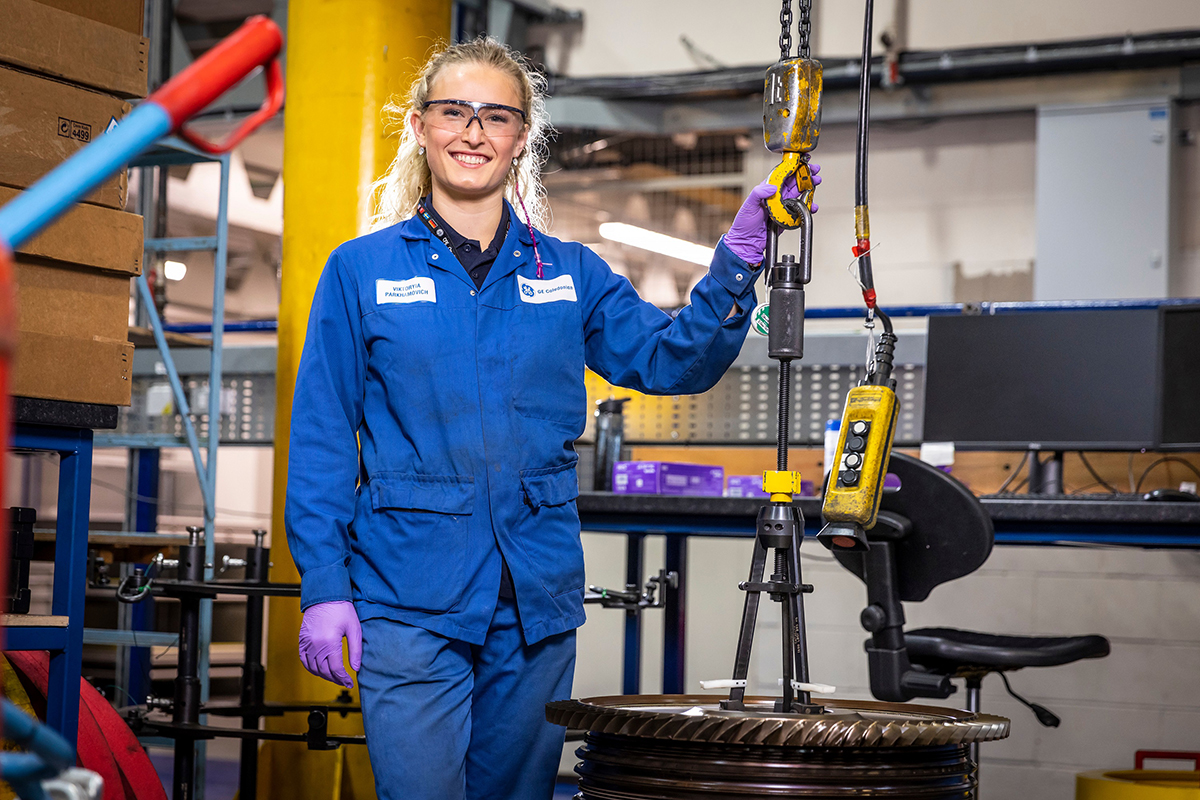
SCOTTISH apprenticeships across the engineering sector are being ‘reviewed and refreshed’ to meet the needs of employers, employees and the industry generally.
A new employer-led approach is being introduced to ensure skills and qualifications are fit-for-purpose. The review is part of the wider development programme of Scottish Apprenticeships taking place over the coming years.
The programme changes the existing approach to apprenticeship development and delivery, so that employers can take ownership of the design and construction of apprenticeships to ensure they are ‘relevant, adaptable and create the skills’ they need.
The process seeks to recognise shared areas of skill and competence to enable greater recognition of common skills to enable upskilling, reskilling and help people progress and adapt in their careers.
Skills Development Scotland revealed it is actively seeking employers of all sizes and representative bodies across engineering to get involved in the design and development work of the sector’s standards and frameworks.
The development work has become central to an All Energy Apprenticeship project, which aims to recognise skills needed across offshore wind, hydrogen, carbon capture and oil and gas to develop a workforce for the north east of Scotland that can help meet net zero ambitions.
The next phase of work focuses on the review of the Engineering Modern Apprenticeship at SCQF Level 6. This follows completion of the Engineering and Digital Manufacturing Technical Apprenticeship at SCQF Level 8.
Chief executive of Scottish Engineering, Paul Sheerin, said, “Industry has always recognised the value of work-based learning in delivering the skills it needs, and now more than ever its voice is warmly welcomed to develop the apprenticeships that will fuel its future sustainability. Getting involved is essential for employers to shape the content that matches the business challenges they face.”
SDS, working in partnership with Enginuity, added that is has engaged with learning providers and skills bodies such as ECITB, Lantra and Opito, to ensure training needs are fully considered throughout the process and that there is support to adopt any new training delivery following the outcomes of the work.
SDS climate and high value manufacturing sector manager, Billy Scott, commented, “The engineering sector recognises apprenticeships as a high value offer to support skills in its sector. We are keen that employers across all areas of the industry get involved in the development programme in addition to the key sector skills bodies that support them, such as Opito for oil and gas and Cogent for those who work in science and biochemicals.
“The new governance process ensures that apprenticeships are checked by employers at every stage of development while being overseen by the employer-driven Scottish Apprenticeship Advisory Board’s Standards and Frameworks Group.
“Engineering is a major employer in Scotland and key sector to supporting the economy. The sector is undergoing rapid change to support net zero targets. It’s vital that apprenticeships continue to support employers and provide up to date skills that reflect areas such as sustainability and digital skills.”
For more information and to register interest to get involved in the development of Scottish Apprenticeships to support the engineering sector visit the employer area of apprenticeships.scot and fill out the online form.









